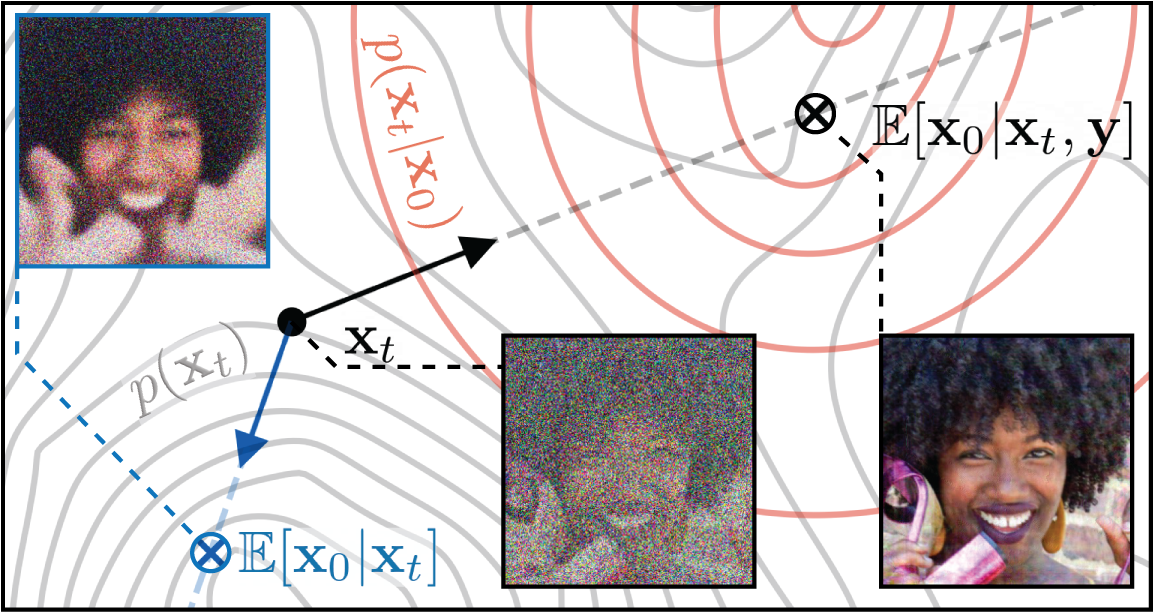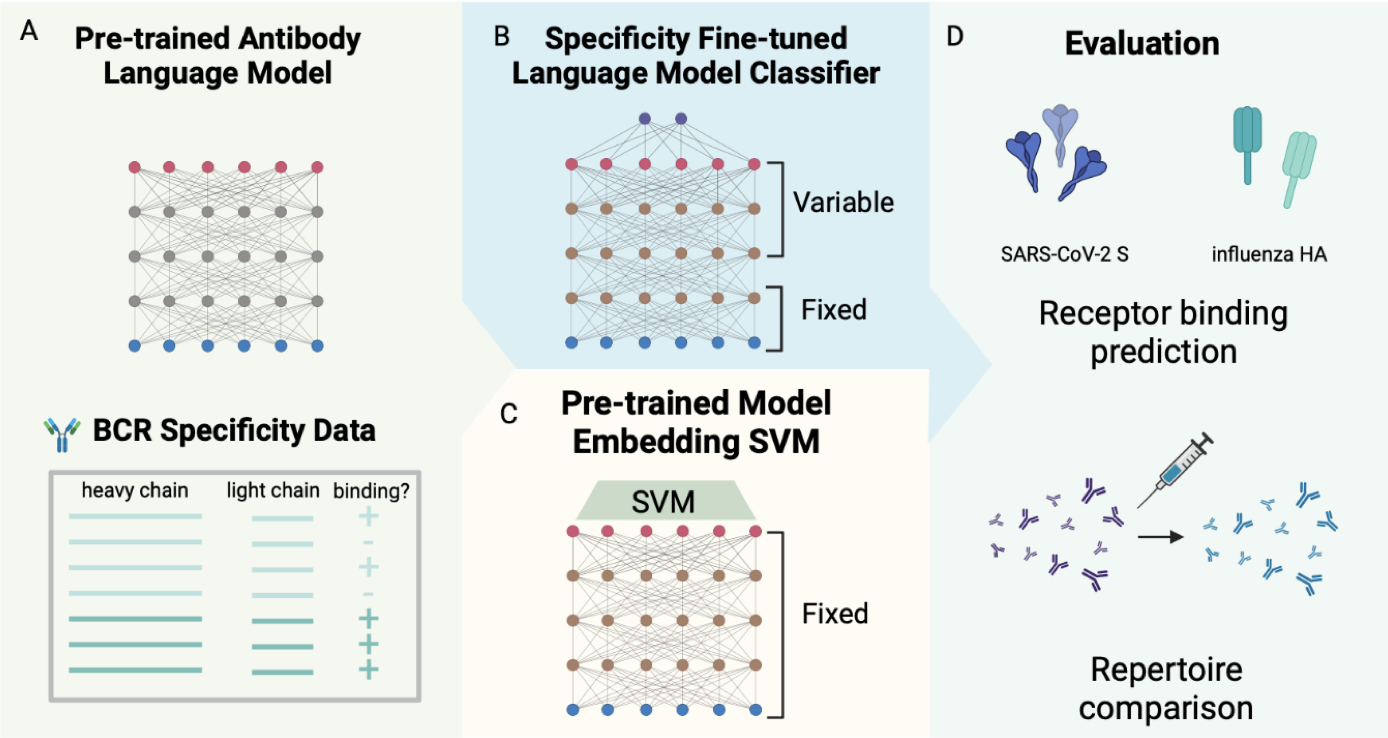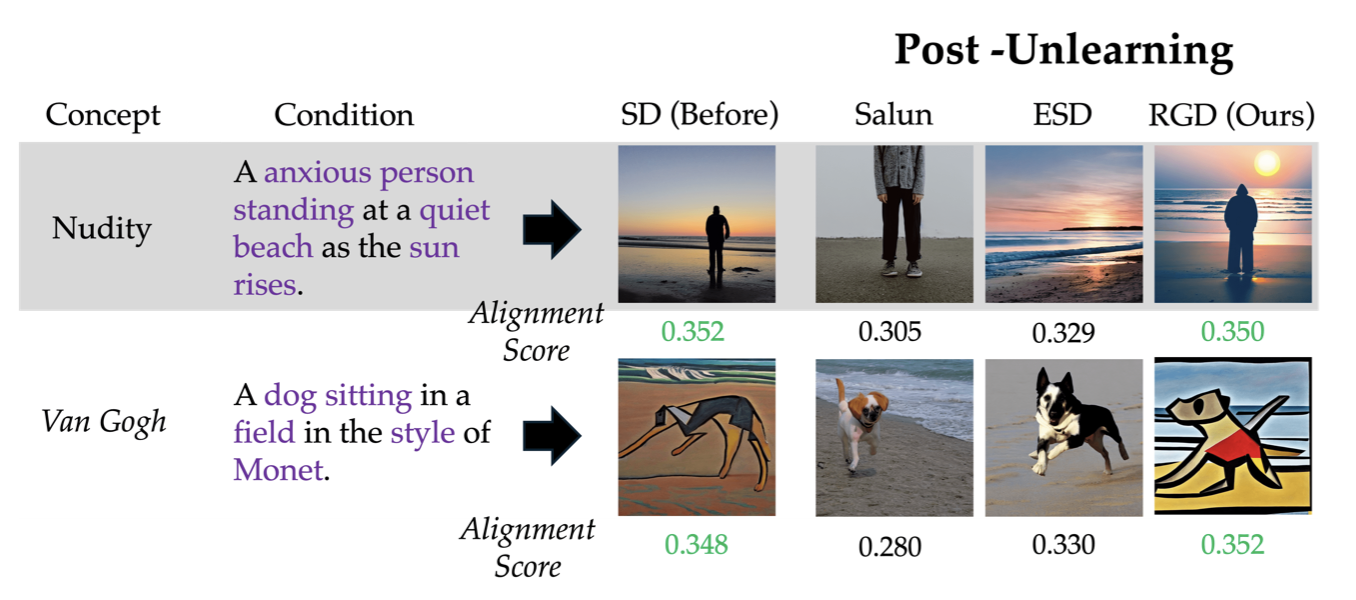Jon Patsenker

LOM 227
12 Hillhouse Ave.
New Haven, CT, 06511
I am a PhD Candidate in Applied Mathematics at Yale University, seeking opportunities in industry in machine learning as well as data science, and quantitative research.
My research focuses on methods for organizing and understanding large, complex datasets: developing ways to extract meaningful structure that supports both automation and scientifically rigorous inference. I’ve worked with diverse data modalities, including natural and medical images, low-rank tensors, and amino-acid sequences. I’m particularly drawn to datasets that pose unique computational challenges and open avenues for new algorithmic or mechanistic insights.
Recently, my work has centered on the theory and guidance of diffusion models. I study how these models organize data, and how that organization relates to the intrinsic geometry of the data itself. My goal is to leverage this understanding to make generative diffusion models more interpretable and principled, combining theoretical perspectives with practical guidance methods.
I have also interned with technical development teams at Moderna, where I developed and implemented computer vision and automation methods for high-throughput industrial processes—focused on delivering accurate, interpretable, and efficient solutions.
In my free time, I play piano and produce music.
news
| Oct 05, 2025 | On the market, looking for industry positions such as Machine Learning Researcher/Scientist, Machine Learning Engineer, Data Scientist, Quantitative Researcher, and other related roles! |
|---|---|
| Sep 25, 2025 | New pre-print available! |
| Mar 15, 2025 | Paper accepted to PLOS Computational Biology! |
| Dec 16, 2024 | Paper accepted to NeurIPS 2024! |
selected publications
-
 Injecting Measurement Information Yields a Fast and Noise-Robust Diffusion-Based Inverse Problem SolverarXiv preprint arXiv:2508.02964, 2025
Injecting Measurement Information Yields a Fast and Noise-Robust Diffusion-Based Inverse Problem SolverarXiv preprint arXiv:2508.02964, 2025 -
 Supervised fine-tuning of pre-trained antibody language models improves antigen specificity predictionPLOS Computational Biology, 2025
Supervised fine-tuning of pre-trained antibody language models improves antigen specificity predictionPLOS Computational Biology, 2025 -
 Boosting alignment for post-unlearning text-to-image generative modelsAdvances in Neural Information Processing Systems, 2024
Boosting alignment for post-unlearning text-to-image generative modelsAdvances in Neural Information Processing Systems, 2024